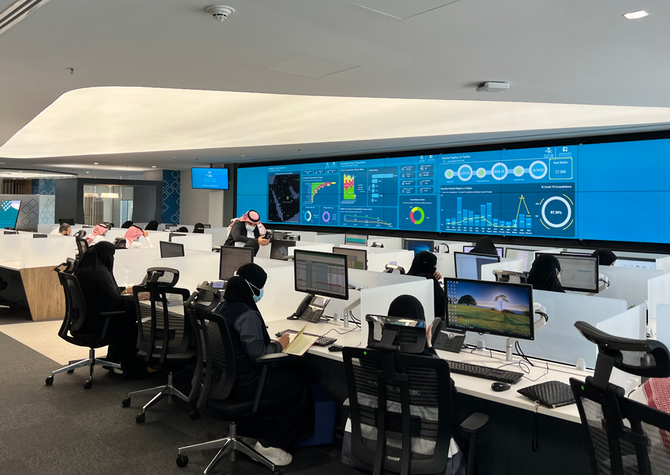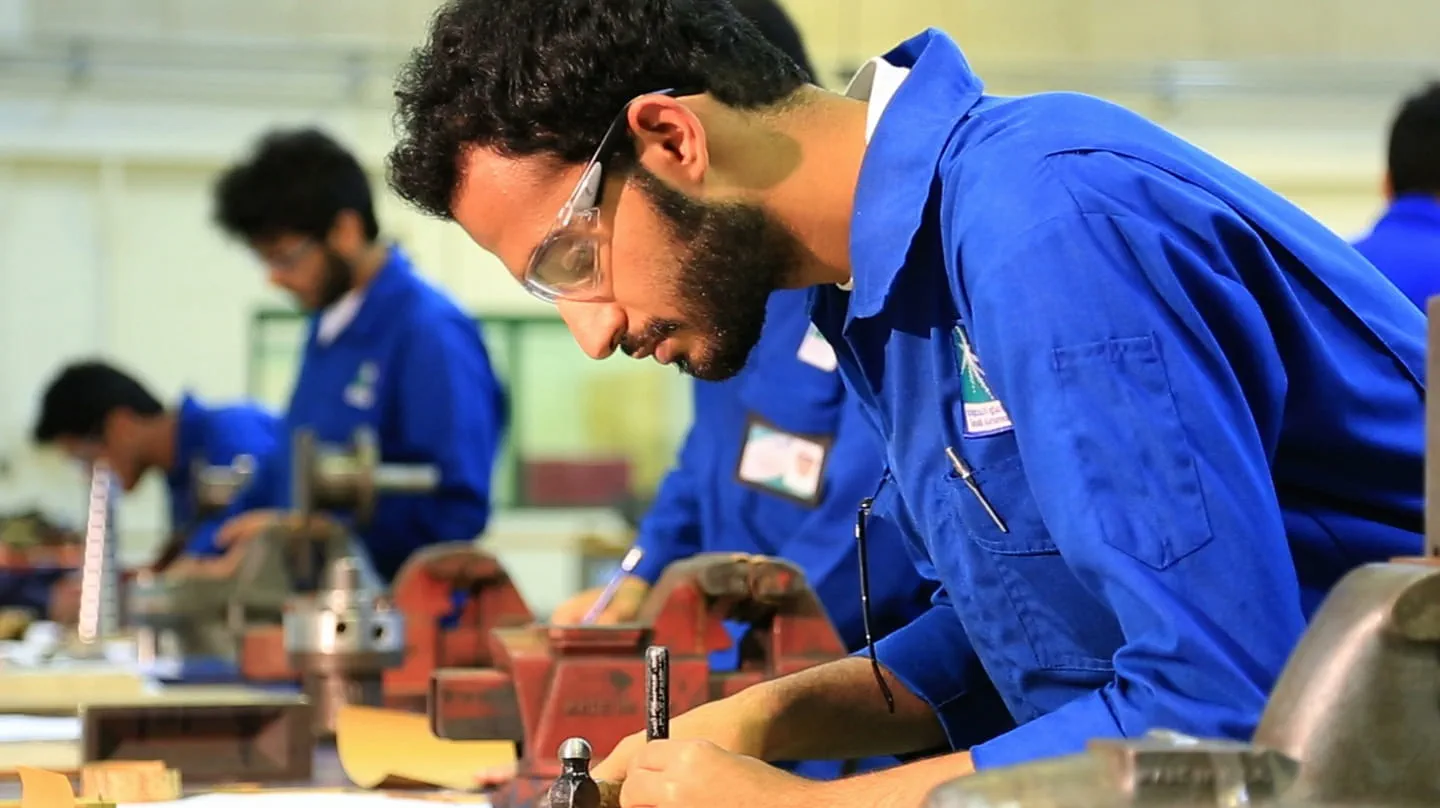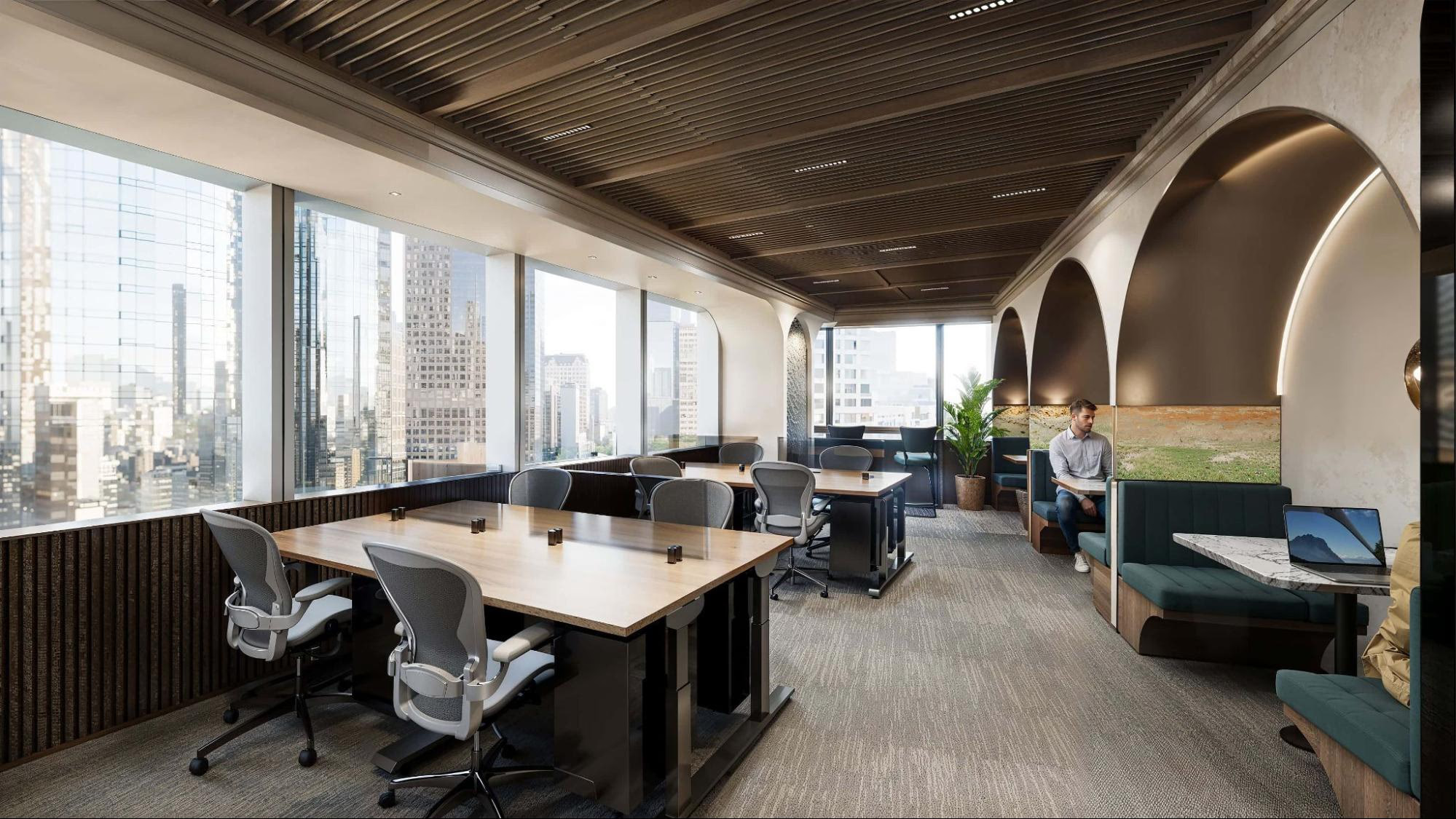The Medical Referral Center is a pioneering project launched by the Ministry of Health in Saudi Arabia in August 2025. The center centralizes 15 vital medical and humanitarian operations, such as medical airlifts, medical organ transplant, prisoner health releases, medical referrals within and outside the United States. This action is consistent with the Saudi Vision 2030, which focuses on improving the efficiency of healthcare services, guaranteeing equitable access to healthcare, and enhancing patient outcomes in the Kingdom. By consolidating these services the government hopes to generalize procedures, accelerate processes, and make higher level services more accessible to the public.
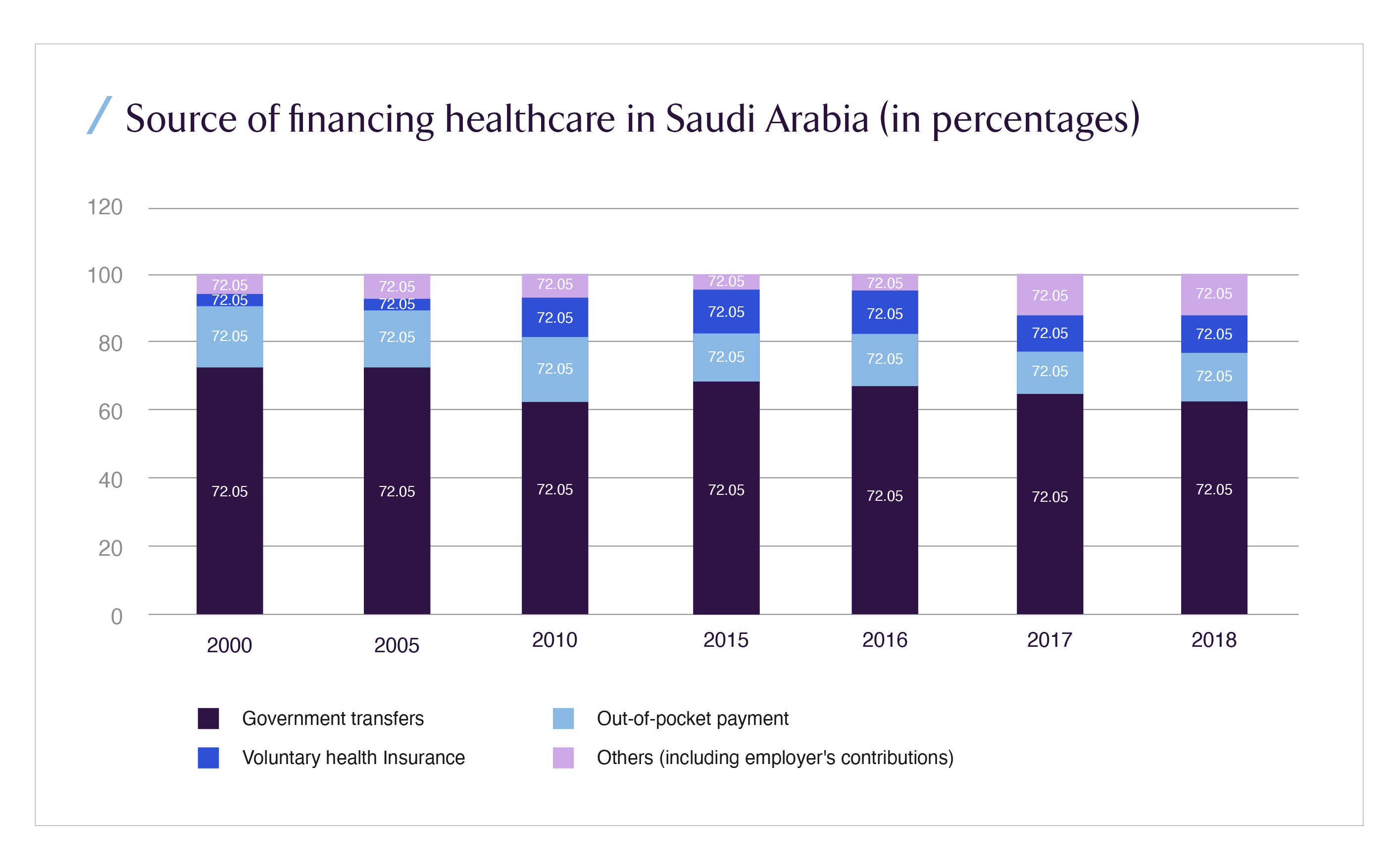
Key Duties of the Medical Referral Center
The new center has several responsibilities that respond to urgent healthcare needs. It is responsible for medical referrals, organizing patient transfers both locally within Saudi Arabia and to healthcare facilities abroad. Previously referrals were done by the different regional offices and there used to be delays but the centralization has made it possible for faster approval and better coordination. The center also manages medical air evacuation for emergency cases that need immediate medical attention. During 2024 alone, Saudi Arabia flew more than 1200 air medical evacuations, and that number is expected to grow stronger with the new system in place to make the process more efficient.
Another important function is the management of prisoner health discharges. The center runs and reviews cases in which prisoners, while in prison, need medical attention beyond the prison system, and if it's a serious condition that needs hospital treatment, the center makes sure a humane treatment is carried out and the treatment is not delayed. Moreover, the center is in charge of organ transplants. Blood donors, hospitals and patients must coordinate the process of organ transplantation in exact time. Through this nationwide regulation, the center guarantees efficient and ethical organ distribution to recipients. The Medical Referral Center is also responsible for monitoring long-term medical leave cases, including illnesses lasting more than 30 days for government staff members, either within or outside of Saudi Arabia. By bringing these operations together, the center helps to reduce bureaucratic delays and offers a platform for healthcare decision making.
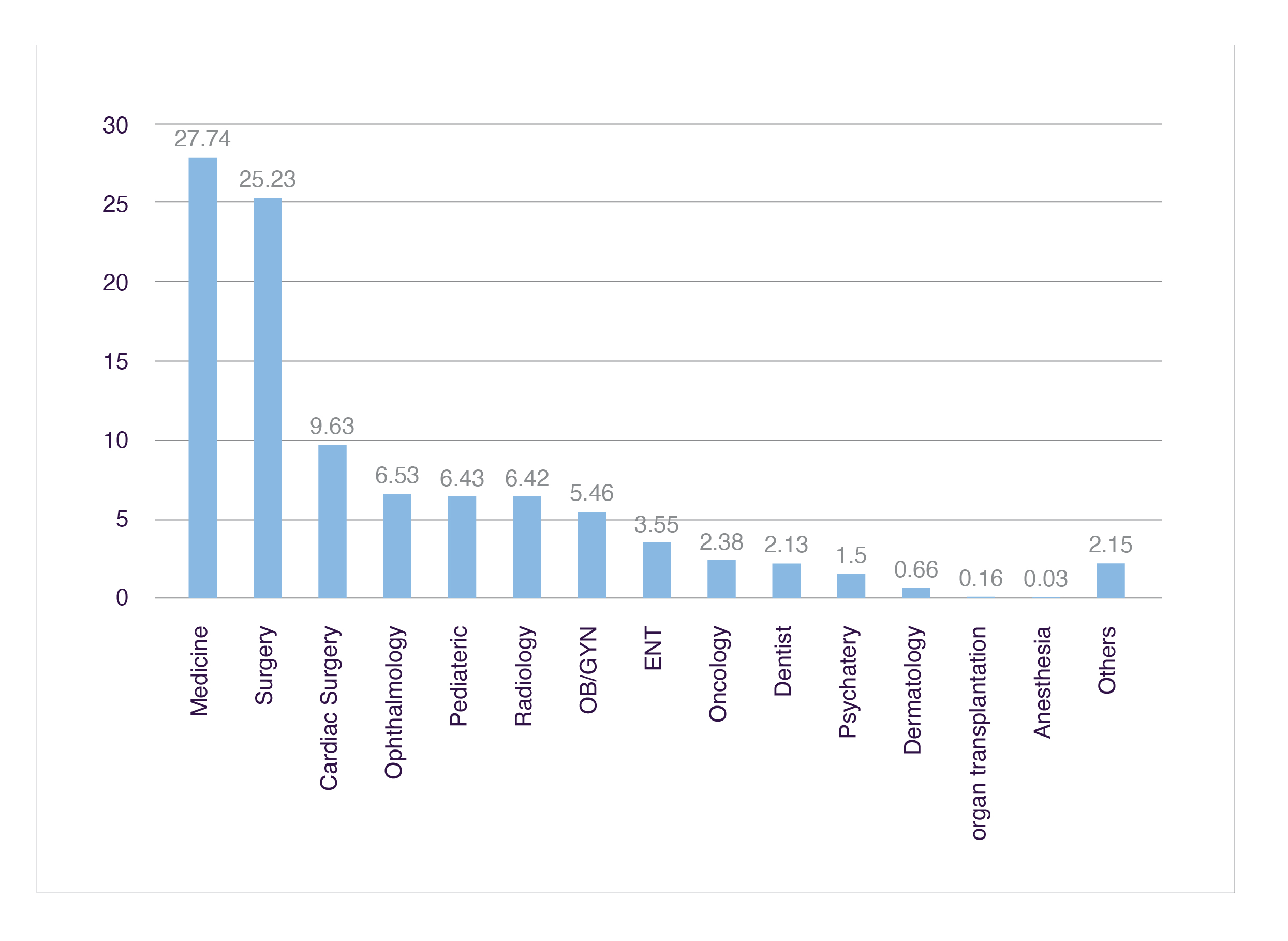
Performance of the Referral System
Saudi Arabia already has an e-referral system called SMARC (Saudi Medical Appointments and Referrals Centre) that monitors and manages patient transfers between health facilities. Recent statistics give an idea of the scale of the system and its improvement. Total e-referrals for 2023-2024 were 755,145, which was up by 19.3% from previous years. Referral acceptance rates increased from 74.13% to 90.19%, indicating an improvement in the acceptance of referrals, and thus, early approval of patients. Internal referrals, that is, patients transferred within the same administrative region, increased from 80.13% to 87.52%, avoiding unnecessary travel. External referrals or transfers to other regions decreased from 19.87% to 12.48% which shows that there is an improvement in local capacity and infrastructure.
The percentage of critical care referrals (ICU, CCU, NICU, PICU) came down from 12.39% to 9.91% which shows that more regional centers can now take up complex cases. Life-saving emergency referrals have gone down from 6.65% to 2.18% thereby further emphasizing better capacity at local hospitals. Meanwhile, the referral rate of outpatient departments rose from 48.07% to 66.66%, making sure that routine care is delivered closer to people's homes. These figures indicate that Saudi Arabia is already taking meaningful steps towards lowering wait times and enhancing healthcare accessibility even before the operationalization of the new Medical Referral Center.
Organ Transplant Growth
Organ transplantation is one of the most sensitive and time critical healthcare services. The Saudi Center for Organ Transplantation (SCOT) reported that the number of organ transplants in the Kingdom for 2023 reached 2091, which showed a 30 percent increase over previous years. Of these, there were more than 1,662 organs from living donors, and 425 organs from deceased donors. Living kidney donations created a figure of approximately 1,284 and 422 for living liver. Saudi Arabia has 31 accredited transplant centers (kidneys, liver, heart, lungs, pancreas, and intestine).
In 2022, in the Kingdom there were 1,698 organ donors of which 1,022 were living donors for kidney, 138 were brain-dead donors for kidney, 374 living donors for liver, 66 brain-dead donors for liver and others for heart, lung, pancreas, and intestines. Consistent with the goal of optimizing the number of distributed organs, the Medical Referral Center will ensure that recipients are quickly identified, transported, and receive their life-saving organs with fewer delays and opportunities for loss.
Telehealth and eHealth Solutions
Telehealth is an emerging industry in Saudi Arabia. The KFSHRC Emergency Virtual Clinic was open 24/7 for the first year, and saw an average of 2,000 patients per month. Over 70% of virtual clinic patients live outside of major cities, which shows that remote care helps bridge healthcare regional discrepancies. The remote healthcare market earned USD 434.9 million in 2024 and is expected to reach USD 1,679.4 million by 2030 at a compound annual growth rate (CAGR) of 25.3%. By combining a virtual consultation with centralised referral management, the Medical Referral Center will decongest the hospital, enhance the emergency response and extend access to healthcare for remote areas.
Impact on the Delivery of Healthcare
The Medical Referral Center will have a positive impact on the delivery of healthcare in various ways. Centralizing the processes of referrals, airlifts and organ transplants to minimize delays and streamline the approval process for greater efficiency. Patients in rural or underserved areas will be cared for more quickly and closer to home, which will increase access. By making processes standardized, the system guarantees equal treatment to all patients whether they live in an urban area or a rural one. Furthermore, this initiative is in line with the Vision 2030 which is facilitating the modernization of Saudi Arabia's healthcare; the emphasis is on quality, access, and frontier medical technology. These developments mark a huge stride towards a more efficient and accessible healthcare system in Saudi Arabia.
Issues and Potential Solutions
Despite these positive trends, there is still a long way to go. External referrals, while lower, show that there are still some areas that lack good facilities for complex cases. While it is progressing positively, critical care capacity needs to keep increasing to accommodate demand. Organ donation from the dead is still less than it is from live donors, which indicates that there is still a need for public awareness campaigns and better registration systems. It is understood that in particular remote communities, internet access, digital literacy, and technology infrastructure are all prerequisites for the adoption of remote care. Finding solutions to these issues will be a key focus for the Medical Referral Center to reach its full potential.
Progress Toward Vision 2030
The medical referral center forms a significant aspect of the Vision 2030 healthcare objectives in Saudi Arabia. Telehealth is also rapidly developing. In 2024 it demonstrated USD 434.9 m, and in 2030 it is likely to generate approximately USD 1,67 billion which is its income. Transplantation is on the increase too as more people are receiving life giving surgery due to organ transplant. These figures reflect true improvements in making healthcare more accessible and improved.
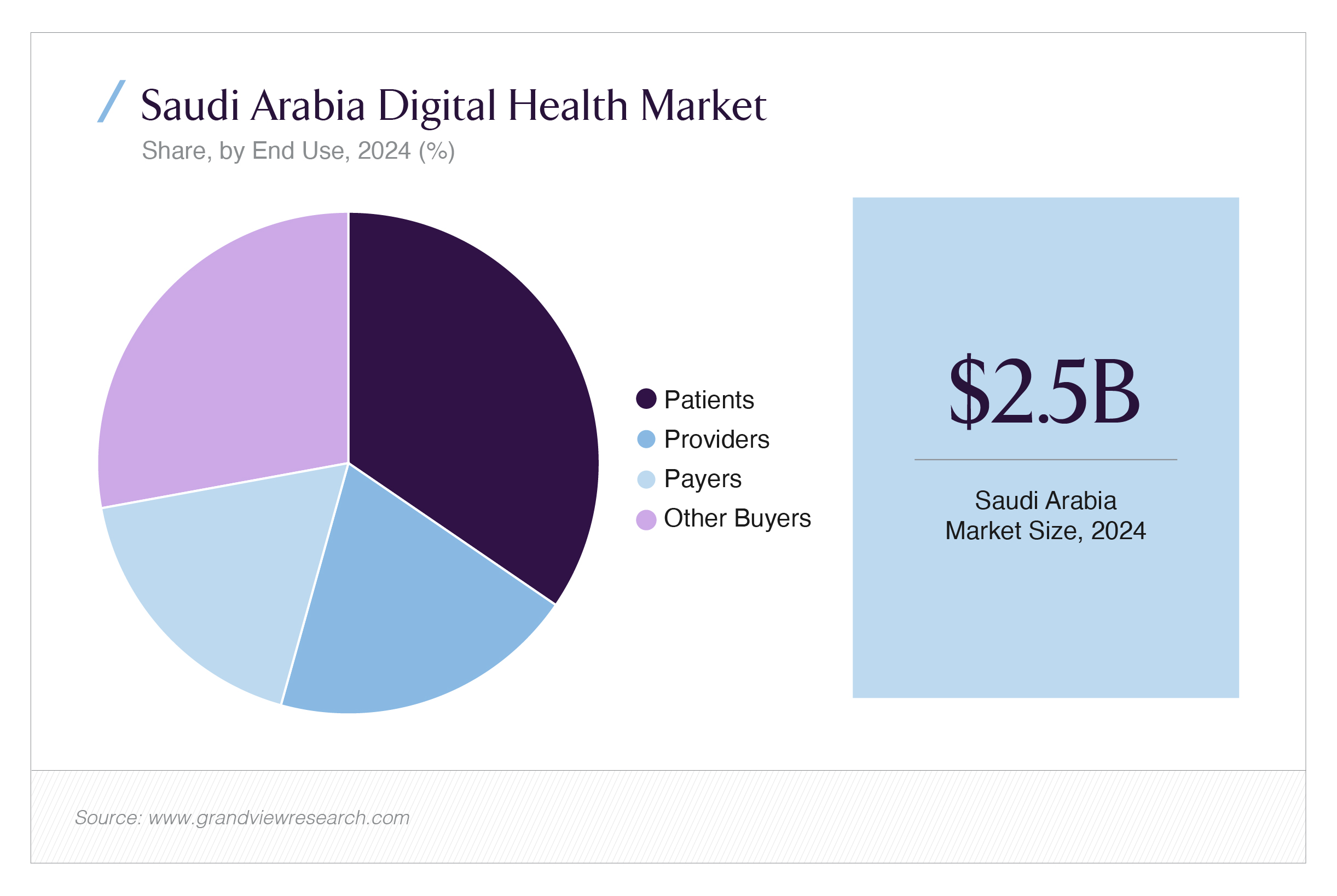
By increasing the number of virtual appointments, the center will lessen congestion at hospitals within the coming years. The emergency response will be quicker, and communication related to medical airlifts and urgent transfers will be enhanced. Cases of organ transplants will improve due to reduction in transport and matching delays. Care will be more equal and therefore individuals in rural or underserved regions will receive the same type of care as those in large cities. Should it be successful, other nations in the region would follow suit.
Conclusion
The establishment of the Medical Referral Center is a giant leap in Saudi healthcare. It is simplifying care, equalizing it, and making it more accessible, which is achieved through the integration of patient referrals, organ transplant coordination, airlifts, and even remote care into the system. Increased organ transplants, the efficacy of electronic referrals, and the proliferation of telehealth all present consistent work on Vision 2030. It has been demonstrated that Saudi Arabia is moving towards a modern, fair, and efficient healthcare system that meets the needs of all its citizens despite such issues as a more intensive care capacity and the accessibility of services to the citizens living in the distant regions.







